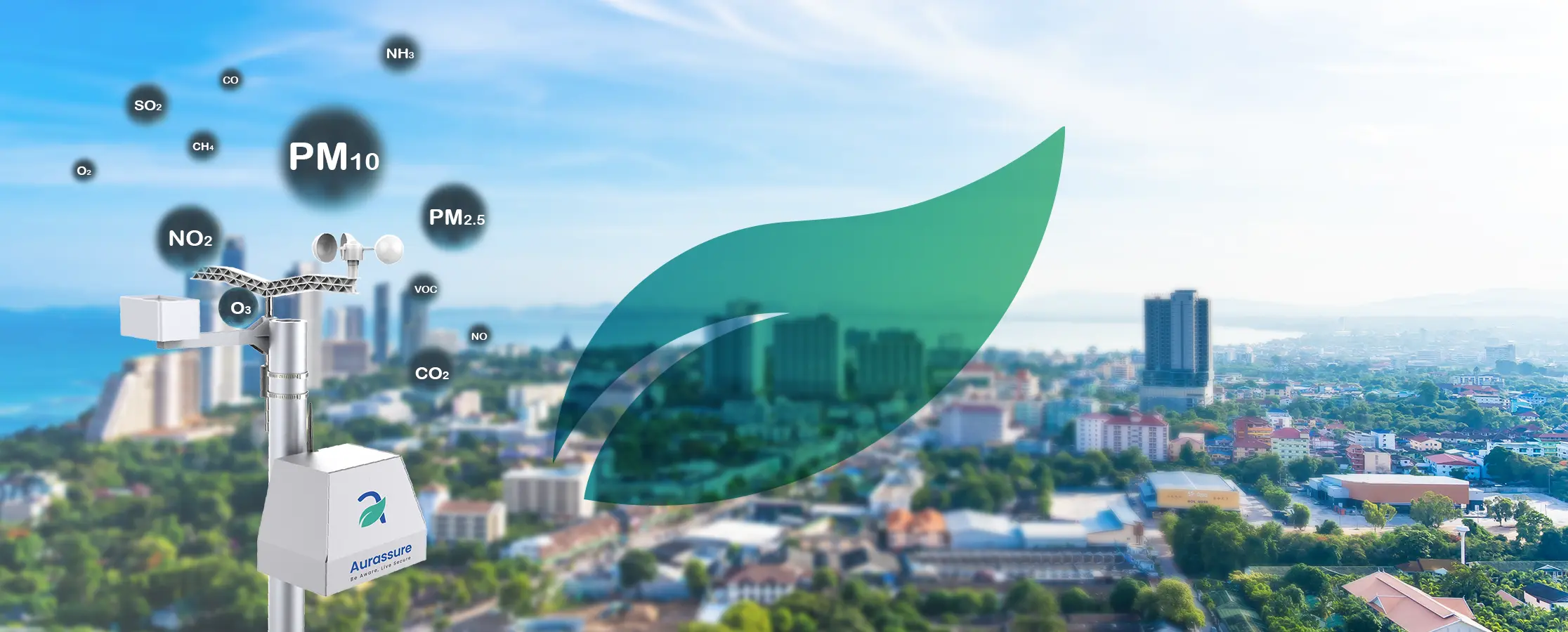
The Air Quality Monitoring and Forecasting tool provides a cost-effective and scalable solution for cities to track, estimate, and forecast urban air pollution levels. In densely populated areas - where transport and industrial activity are concentrated - air pollution can significantly impact public health, environmental quality, and economic resilience.
This tool integrates satellite data, traffic records, and meteorological information to build detailed, localized air quality datasets. These datasets are used to estimate current concentrations of key pollutants, forecast future air quality based on weather predictions, and map the spatial distribution of pollution across urban areas. By making this information publicly accessible, the tool empowers both local authorities and citizens to make informed decisions, contributing to healthier and more equitable urban environments.
In Lisbon, the tool is used as an intelligent decision-support system for both local communities and government authorities. It helps guide interventions to reduce pollution and supports the city’s overarching goals. In terms of carbon neutrality, the tool enables precise mapping of pollution sources and patterns, helping the city identify priority areas for emissions reduction. For a just transition, the tool ensures that air quality data is openly accessible, including to marginalized communities, promoting more equitable urban transformation.
In Zagreb, the tool also plays a central role in advancing the city’s climate neutrality and just transition strategies. It helps monitor pollution patterns across districts, allowing the city to prioritize action where it’s most needed. The tool promotes transparency by ensuring all community members have access to air quality information and supports the development of data-driven citywide emissions strategies.
Giacomo Blanco
giacomo.blanco@linksfoundation.com

Dr. Claudio Rossi
claudio.rossi@linksfoundation.com

Blanco, L. Barco, L. Innocenti and C. Rossi, "Urban Air Pollution Forecasting: a Machine Learning Approach leveraging Satellite Observations and Meteorological Forecasts”, https://doi.org/10.1109/MetroLivEnv60384.2024.10615605



